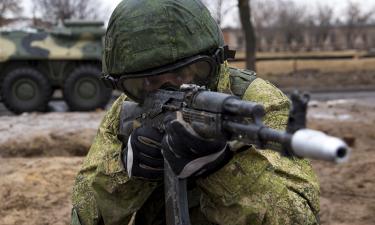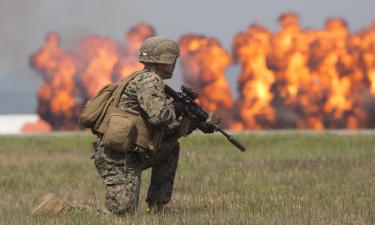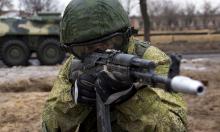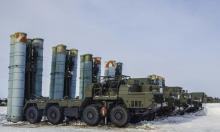Marks & Spencer appoints Rose executive chairman in summer
Marks & Spencer Group Plc announced Chief Executive Officer Stuart Rose will become executive chairman in June, taking over from Terry Burns when he steps down from his non-executive role.
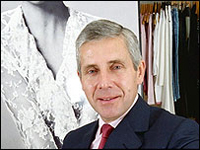
Rose will stay with the company until June 2011, when he will retire. The company also appointed David Michels as deputy chairman and said Finance Director Ian Dyson will take on responsibility for retail and human resources.
Rose was appointed in May 2004 to fend off a bid for Marks by billionaire Philip Green. Under his leadership, the company redesigned shops and used models and singers in its commercials to reverse a sales decline. The stock dropped in January after an unexpected drop in holiday sales. Burns became chairman in 2006.
“My main tasks as chairman have been to rebuild the board and to put in place the right leadership for the future,'' Burns said in the statement. “Placing Stuart in this new role creates the right leadership structure for the company.''
Marks & Spencer declined 2.5 pence, or 0.7 percent, to 375.5 pence at 10:45 a.m. in London trading. The stock has slid by a third this year.
The company also appointed Kate Bostock and Steven Esom to the board as executive directors. Bostock will be responsible for all clothing excluding the Per Una range, while Esom will continue to be responsible for food. Those appointments, as well as the change to Dyson's role, take place immediately.
Marks & Spencer is a British retailer, with 760 stores in more than 30 countries around the world. It is one of the most iconic and widely recognised chain stores in the UK with 520 stores, and is the largest clothing retailer in the country, as well as being a multi-billion pound food retailer. Most of its shops sell both of these categories. It also has a third line of business selling homewares such as bed linen, but this is far smaller than the other two.
In 1998 it became the first British retailer to make a pre-tax profit of over £1 billion, though a few years later it plunged into a crisis which lasted for several years. As of 2007, it was growing again and rapidly increasing profitability.
Subscribe to Pravda.Ru Telegram channel, Facebook, RSS!
